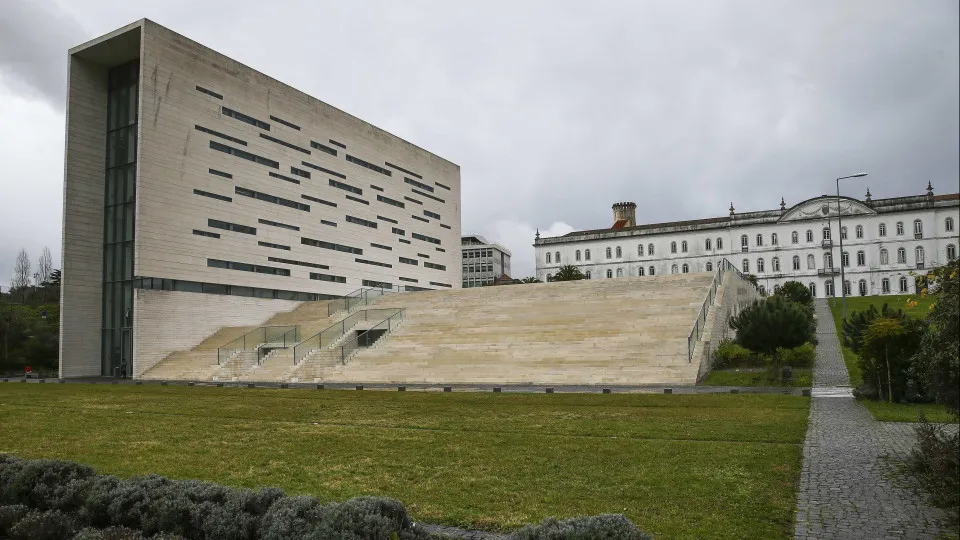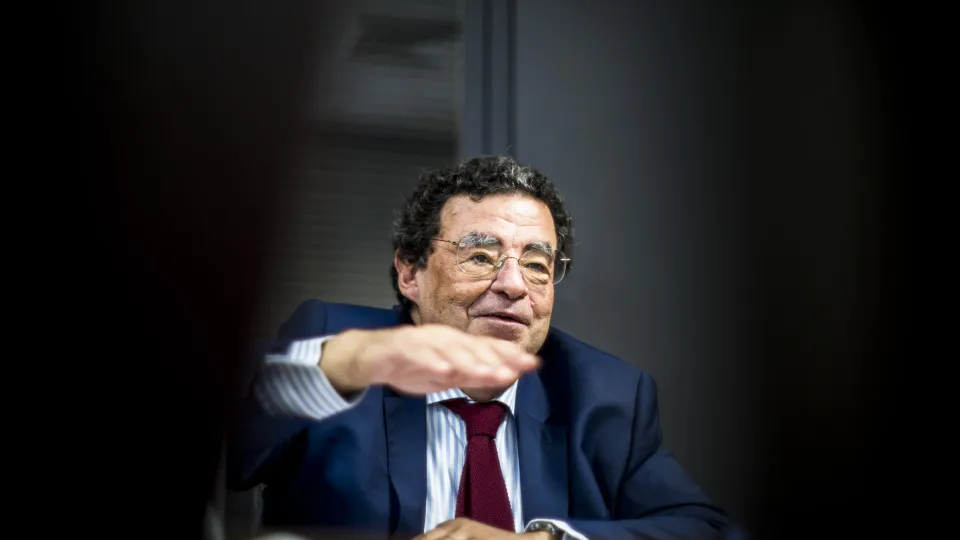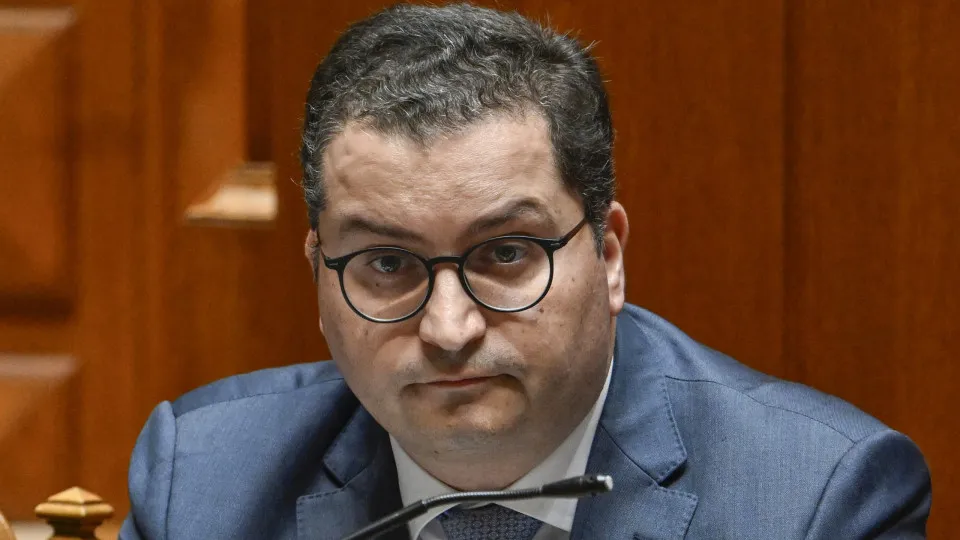
University leader Paulo Pereira announced a “temporary freeze on all requests for dual roles pending clarification of the applicable legal framework and review of internal procedures,” alongside an “audit of affiliated associations outside the university’s immediate purview to identify any potential legal or regulatory breaches.”
At the center of this decision is a report by the Inspectorate-General for Education and Science (IGEC), which was prompted by an anonymous tip-off. It scrutinizes 31 professors from the Faculty of Science and Technology (FCT) who, from 2020 to 2024, received salaries while also earning from roles at Uninova – Institute for the Development of New Technologies, a private non-profit organization situated on the FCT campus in Almada, associated with the university.
These payments were reportedly linked to scientific research projects funded by international agencies,” according to the university, which cited the IGEC report without disclosing specific amounts.
The University of Lisbon (UNL) further explained that “despite a 2006 collaboration protocol between Uninova and FCT guiding the activities in question, IGEC maintains that this does not exempt faculty from the exclusivity regime, emphasizing that any additional compensation must be pre-approved and managed through the university.”
The newspaper Nascer do Sol reported today that among those who violated the exclusive service regime and illegally received thousands of euros were former Minister of Science, Technology and Higher Education Elvira Fortunato, who held office from 2022 to 2024 in the third socialist government of António Costa, and her husband Rodrigo Martins.
In a written statement to Lusa, Elvira Fortunato, who was the vice-rector of UNL from 2017 to 2022, denied any wrongdoing, arguing that the collaboration between FCT faculty and Uninova “stems from a formally and legally approved protocol by the University Nova de Lisboa, which does not affect the exclusive dedication regime and is fully compliant with current legislation,” including university staff statutes and regulations.
The researcher, known for inventing the paper transistor, stated that “this protocol, similar to those at other Portuguese and European universities, aims to promote participation in competitive research and innovation projects funded solely by international funds, without burdening public finances.”
Elvira Fortunato contended, “The compensations awarded under these projects are legally sanctioned additional payments recognized by the University Nova and do not constitute a violation of the exclusivity regime,” adding that during her tenure as minister, she suspended “all academic duties” and did not receive “any remuneration related to the protocol” between Uninova and UNL’s FCT.
The university informed Lusa that following the receipt of the IGEC’s report on October 20, which was forwarded to the Court of Auditors and the faculty director, the rector also ordered the establishment of the Institutional Integrity and Compliance Office to “strengthen mechanisms for preventing and controlling conflicts of interest.”
At the time of the events investigated by IGEC, Paulo Pereira was not yet the rector of UNL.
The researcher and professor assumed the role on October 7, succeeding João Sàágua, now head of the Higher Education Evaluation and Accreditation Agency and previously embroiled in a controversy over receiving two salaries from the university he directed.
The University Nova de Lisboa asserts it is “analyzing IGEC’s conclusions and recommendations” and will “always act to ensure compliance with the law, ensuring that all university units adhere to internal regulations.”
According to Nascer do Sol, the former Minister Elvira Fortunato, her husband, and other implicated professors may have to “return to the university the amounts paid beyond the exclusive dedication duties for the past five years.”
The director of the FCT at UNL, José Júlio Alferes, quoted by the weekly, raised the issue of whether these faculty members needed prior permission to engage in scientific research projects “if they were under exclusive dedication.”




